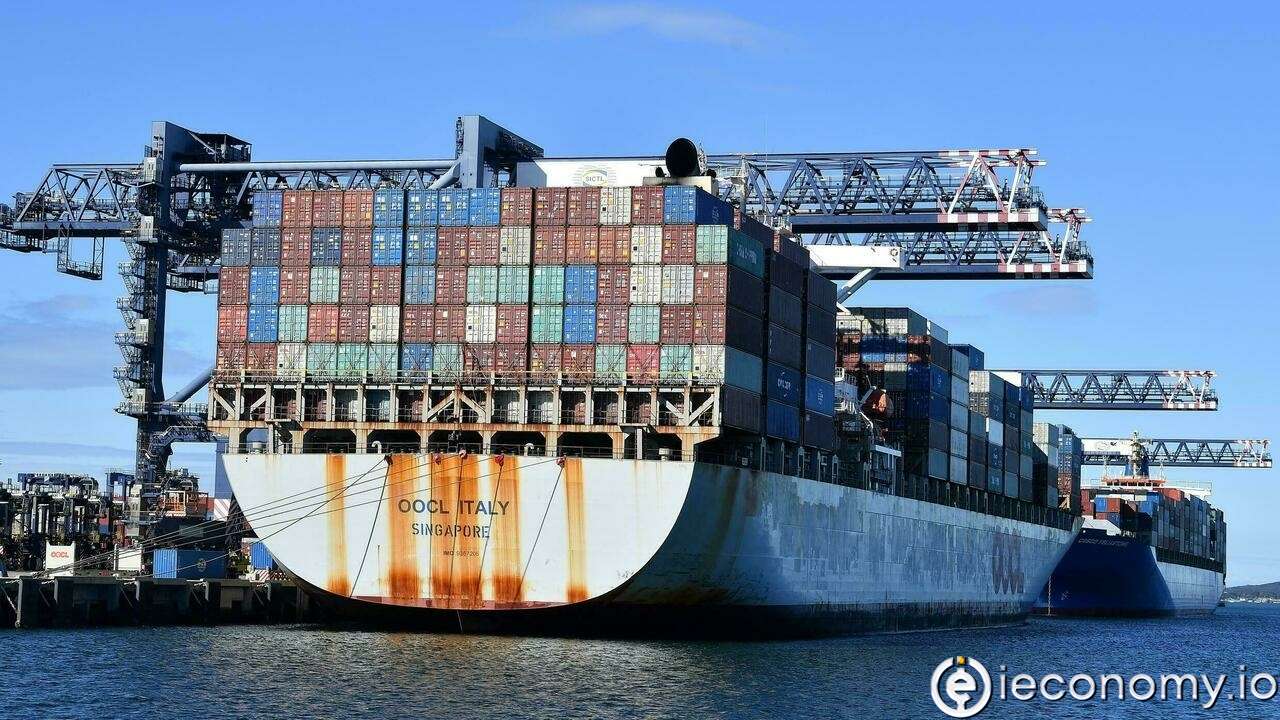2583
0
Problems with supplies have already hit restaurants
Problems with supplies have already hit restaurants. The list of deficient items does not only include food.

Yazar: Tom Roberts
Yayınlanma: 4 Temmuz 2021 16:06
Güncellenme: 3 Mart 2026 03:53
Problems with supplies have already hit restaurants
Problems with supplies due to the lack of shipping containers have already affected restaurants. In the United States, for example, iced green tea is lacking, while in South Korea, fries are lacking. At least nine fast food chains and restaurant chains in a recent survey said some of their operations were facing short-term outages in the supply of various key ingredients and products. The list of shortage items is constantly changing and includes not only foods such as sausages or chicken wings, but also non-food products such as plastic packaging and paper bags. In mid-June, South Korea's largest fast food chain, Lotteria, warned customers on its website that its restaurants would replace popular fries with cheese sticks. It justified this with supply difficulties affected by the lack of shipping containers. And also longer and more rigorous customs controls in relation to health protection during the new coronavirus pandemic. "Supply problems could continue until 2022," said the president of the Federal Reserve System in St. Petersburg Louis James Bullard. Advances in vaccination against COVID-19 in advanced economies have allowed them to reopen. This has led to a sharp increase in demand for food in restaurants and elsewhere, which has taken food producers and suppliers by surprise. If restaurants face a shortage of basic products for longer, they risk disappointing many customers who may relocate, said Barry Friends, a partner at food consulting firm Pentallect. The Wendy's franchise in the southern United States said on Thursday that it had received only half the salad it had ordered, while New York's Subway operations lacked roast beef, grilled chicken, ketchup and spicy mustard. Some Yum Brands operations have run out of paper bags. Outages are temporary and vary by market and trade, said the Starbucks coffee network, which has struggled in recent months with a lack of iced green tea or cinnamon syrup, as well as spinach and feta cheese. In the case of Britain, added to this was the return of immigrants to their home countries after Brexit. Thousands of jobs have remained vacant throughout the UK supply chain, and the reopening of restaurants has exacerbated the "effect," said Shane Brennan, head of the Freezer and Refrigeration Association. "We have managed the phase of panic buying, we have managed the uncertainty associated with the blockade. Now we are trying to manage the operation without people," he added.İLGİLİ HABERLER





European stocks soared and focus shifted to German retail sales after Powell's speech!

Forex Signal For TRY/USD: Inflation Slowdown in November.

Forex Signal For GBP/USD: Bullish Trend Still Not Breaking While Recovery Continues.

Forex Signal For EUR/USD: Starry US Data Points to Higher Fed Increases.

Forex Signal For BTC/USD: Downside Continues as Bitcoin Recovery Moves Less.
En Popüler Haberler
Yorum Yap
Yorumlar
Henüz yorum yapan yok! İlk yorumu siz yapın...